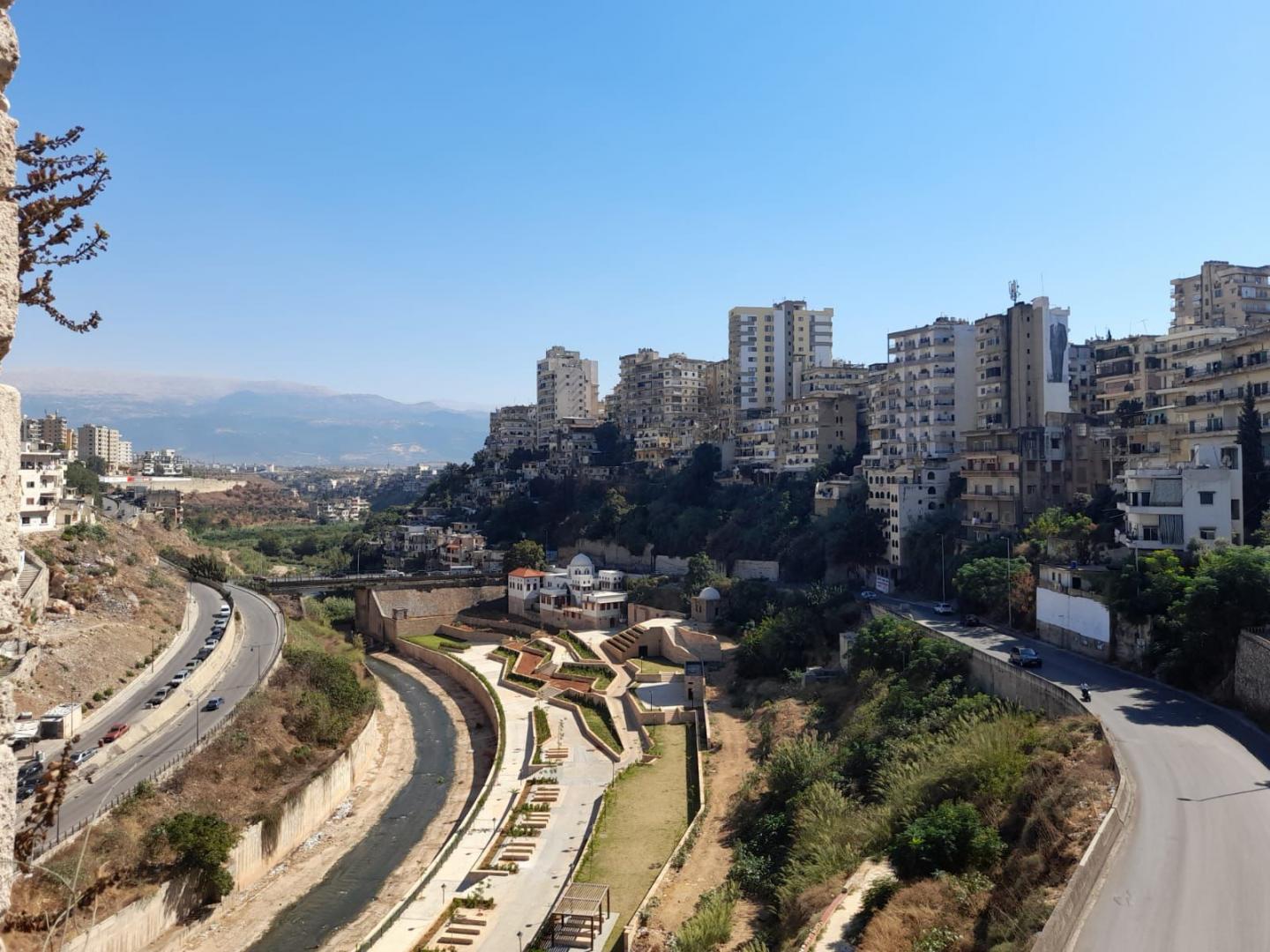You’ve seen Lebanon’s political and economic crisis on the news and read about it in the papers, but in this weekly travel diary, Ben Pullan tells us what it’s really like. The 24-year-old Barnard Castle resident and Arabic student has travelled to Lebanon where he is studying at a language institute.
Tripoli
At first glance Tripoli is a concrete sprawl of a city. Uniform high rises dominate the skyline. After two weeks in Tripoli, I’ve realised this is far from the truth.
Nestled between the brutal, unforgiving concrete, and at times incorporated into it lie a variety of architectural designs and links to the past. One of Lebanon’s oldest cities, Tripoli was a bustling port welcoming merchants from all over the world; as Damascus’s gate to the Mediterranean, Tripoli has been hit especially hard by the Syrian civil war and US imposed sanctions. Tripoli’s wealth from a prosperous past can still be seen. Its charm is the striking contrast from the modern buildings to abandoned ancient bath houses; French architecture (a colonial legacy); and crowded souks, manned by the same family-run businesses for generations.
Tripoli, like the rest of Lebanon, is a multi-religious place. Al-Mina (the port) district is a microcosm of the city’s rich legacy. Small streets lead to Khans – 16th/17th century ‘motels’ for traders to stay and trade in – still inhabited by Tripolotanians. Among the sprawling alleys and Khans lies Tripoli’s tiny Christian population, and the city’s handful of bars. Amongst the old masonry, music floats along the streets, as people sip beer or Arak, the notorious Middle Eastern spirit. Only a few streets away from the bars are two of Tripoli’s many elegant mosques. This is Lebanon after all, home to 18 different religious sects.
Tripoli is a noisy city. Small diesel-powered generators create the most noise, an ever-present loud humming. Electricity from the government-controlled grid is only available for a few hours a day most homes, cafes, restaurants, and shops rely on diesel powered generators for power upwards of 12 hours a day. The generators contribute to the heavy pollution of Tripoli. It is impossible to escape their persistent noise. Yet, they are only available to the fortunate minority as they are expensive to buy and even more so to run; finding diesel on the black market in the fuel crisis is a difficult and expensive process. Tripoli, already the poorest city in the Mediterranean before the crisis, has only suffered in the dire situation where the value of its currency has dropped 90 per cent, driving, according to the UN, 74 per cent of its population into poverty, and making it impossible to import basic essential goods.
[media=2]
Batroun
On our first weekend in Lebanon, we visited the sleepy coastal Mediterranean town of Batroun.
Just 25 minutes south of Tripoli, we now witnessed the stark contrast between the haves and have nots in Lebanon. The town is replete of concrete, the majority Christian town is characterised by hand-cut stone houses and sun-baked churches. Batroun enjoys a unique link to the past in the form of the Phoenician wall, built thousands of years ago to defend the town from storms and invaders, still stands proud against the Mediterranean.
Enjoying electricity 24 hours a day, seven days a week in Lebanon is a rarity.
As is a town benefiting from the crisis; Batroun has opened restaurants since the start of the crisis as the wealthy of Lebanon seek refuge from rolling power cuts (no air-conditioning), pouring money into the small town.
These restaurants tend to be sister establishment to those found in Beirut. Batroun’s sea front and high street are chocked with boutique restaurants and expensive charming shops. Imported whiskey and wine flow freely into the glasses of those lucky enough to enjoy the oasis of Batroun. Sipping a Heineken and enjoying a meal in an airconditioned restaurant you forget Tripoli is just 25 minutes away. 25 minutes makes a world of difference.






